Search Results
Showing results 41 to 60 of 117
Why is the Sky Blue?
Source Institutions
In this activity, learners create a "mini sky" in a glass of water in a dark room.
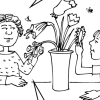
Flower Engineers
Source Institutions
This activity (on pages 24-29) combines science and art to introduce learners to how different animal pollinators spread pollen from one plant to another, and how certain shapes, colors, and smells of
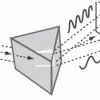
Rainbow in the Room
Source Institutions
This activity generates learner excitement about light through the creation of a room-sized rainbow.
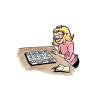
Using Color to See How Liquids Combine
Source Institutions
Learners add different liquids (water, salt water, alcohol, and detergent solution) to water and observe the different ways the different liquids combine with water.
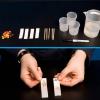
Candy Chromatography
Source Institutions
Learners analyze candy-coated sweets using chromatography. Learners use this method to separate the various dyes used to make colored candy.
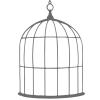
Bird in the Cage
Source Institutions
In this activity about afterimages, learners explore what happens when receptor cells called cones in your eye's retina get tired.
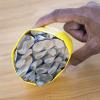
Pixel Tube
Source Institutions
In this STEAM activity, learners create a "pixel tube" to explore reflections of light and color mixing.
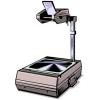
Build an Overhead Projector Spectroscope
Source Institutions
This activity guide includes instructions for building a spectroscope using a standard classroom overhead projector.
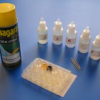
Changing Colors
Source Institutions
In this challenge, learners have to figure out in what order to combine five solutions to change the color from clear, to yellow, to blue, and back to clear.
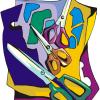
Fun with Shapes
Source Institutions
In this activity, early learners combine pre-cut recognizable shapes and their own abstract ideas to make representational pictures (e.g. houses, trees, shoes).
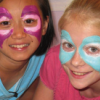
Structure of Matter: Pigment vs. Iridescence
Source Institutions
This is an activity (located on page 3 of the PDF under Butterfly Wings Activity) about how visible light is affected by tiny nanoscale structures, producing iridescence on butterfly wings, soap bubbl
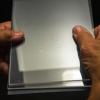
On the Fringe (formerly Bridge Light)
Source Institutions
In this activity, learners trap a thin layer of air between two pieces of Plexiglas to produce rainbow-colored interference patterns.

Flower Power
Source Institutions
In this activity, learners will experiment with changing flower colors. Learners will investigate the effects of acids and bases on flower colors.
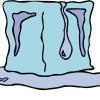
Ice Cube Painting
Source Institutions
In this activity, learners "draw" with frozen tempera paint. The ice cubes are prepared the day before by placing watered down tempera paint and popsicle sticks in ice cube trays.
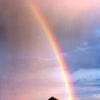
Release the Rainbow
Source Institutions
In this activity, learners create a water prism to break light into the seven colors of the rainbow.
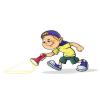
Changing Colors
Source Institutions
In this activity, learners will explore how different colors of lights interact with objects around them. Will a blue object stay blue with a red filter?
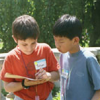
Colors in Nature
Source Institutions
In this activity, learners create colorful bead bracelets to wear outside while searching for matching colors in plants. Learners will be surprised by the variety of colors in nature.
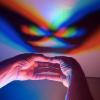
Colored Shadows
Source Institutions
In this optics activity, learners discover that not all shadows are black. Learners explore human color perception by using colored lights to make additive color mixtures.
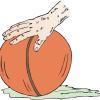
Roller Ball Painting
Source Institutions
This is an activity in which learners explore the effects of gravity, motion and momentum while creating art.
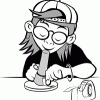
Bubbularium: See the Colors in Bubbles
Source Institutions
With little more than a flashlight, a straw, and a plastic lid, make an observatory so you can see the amazing colors in bubbles.
